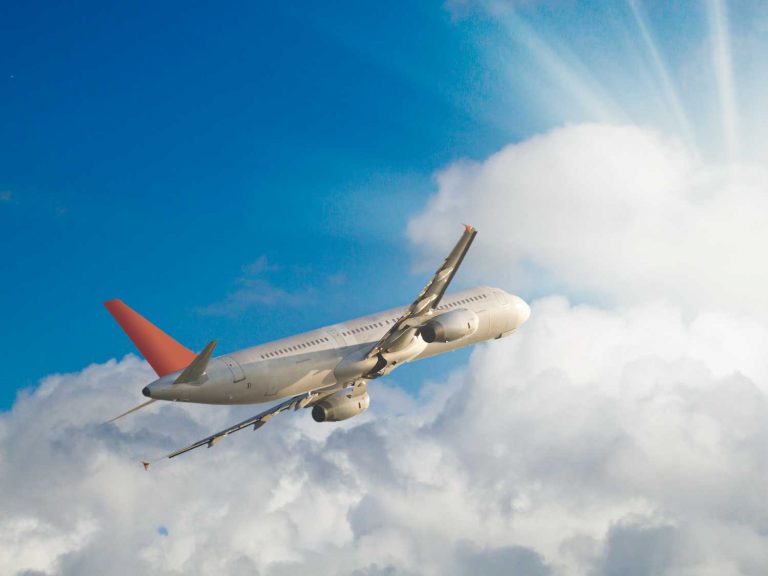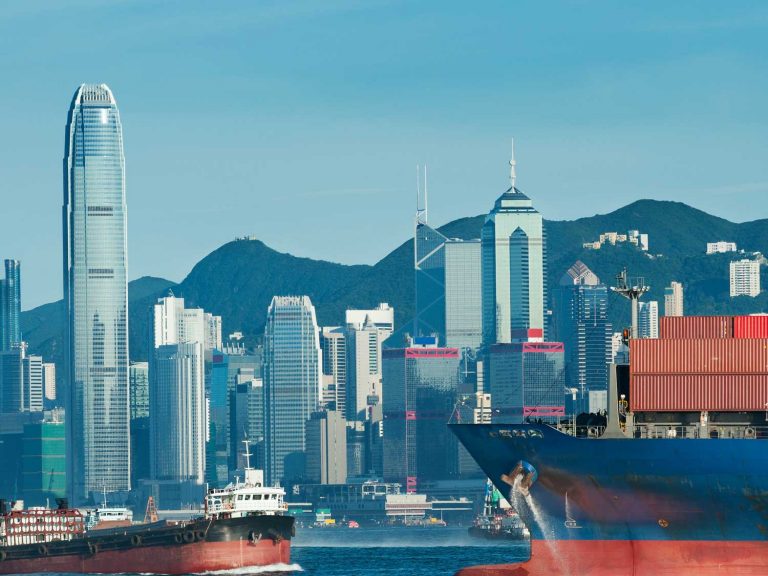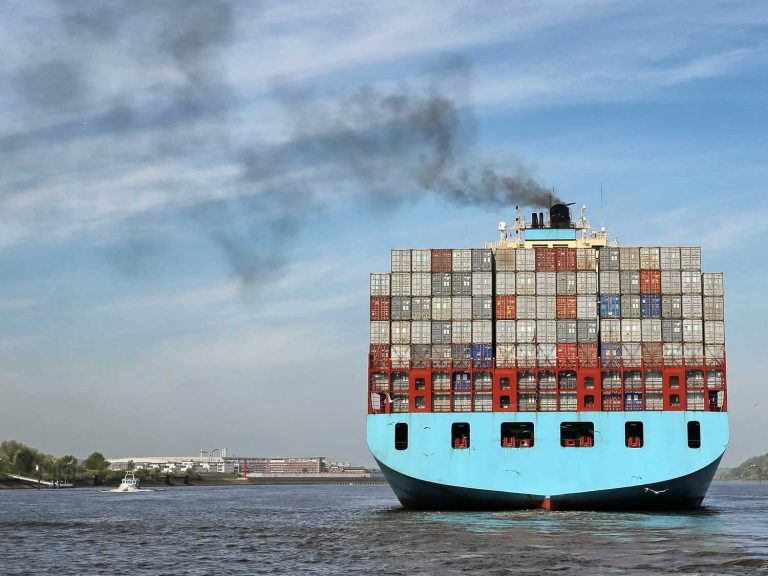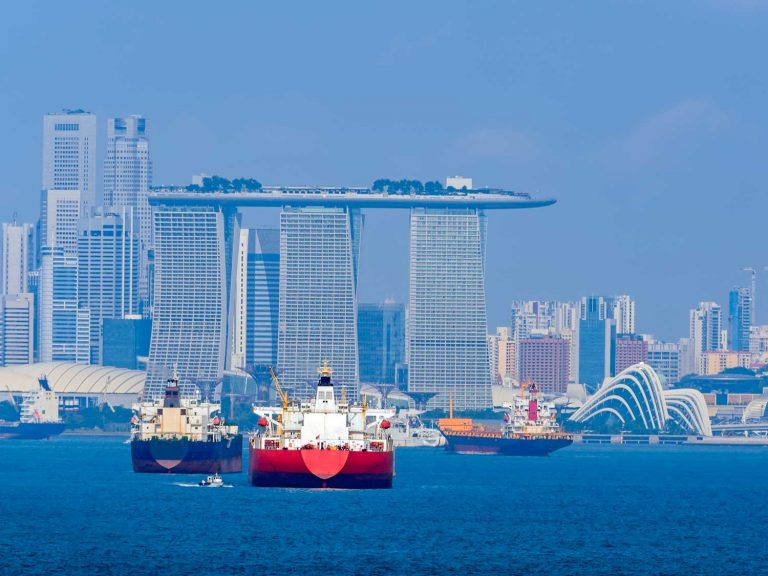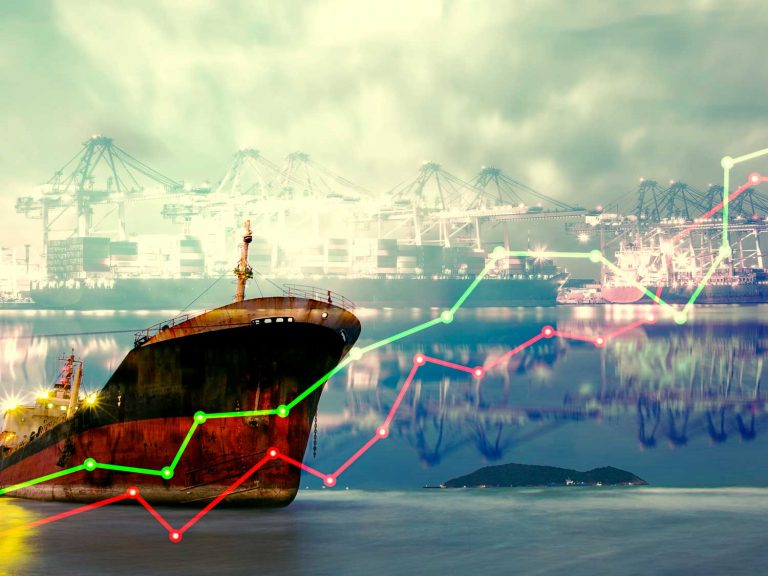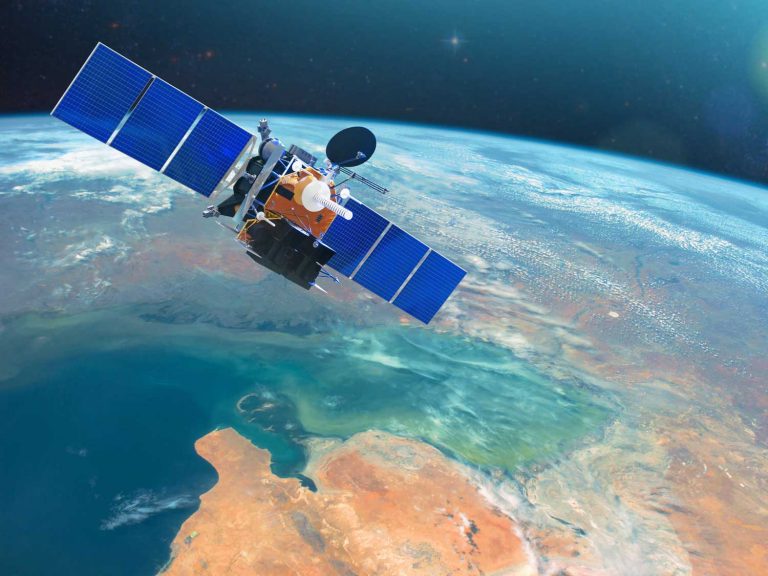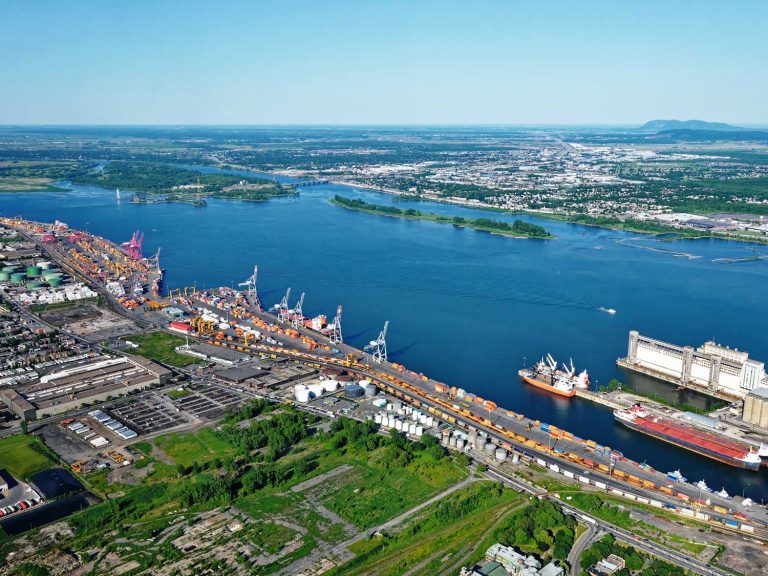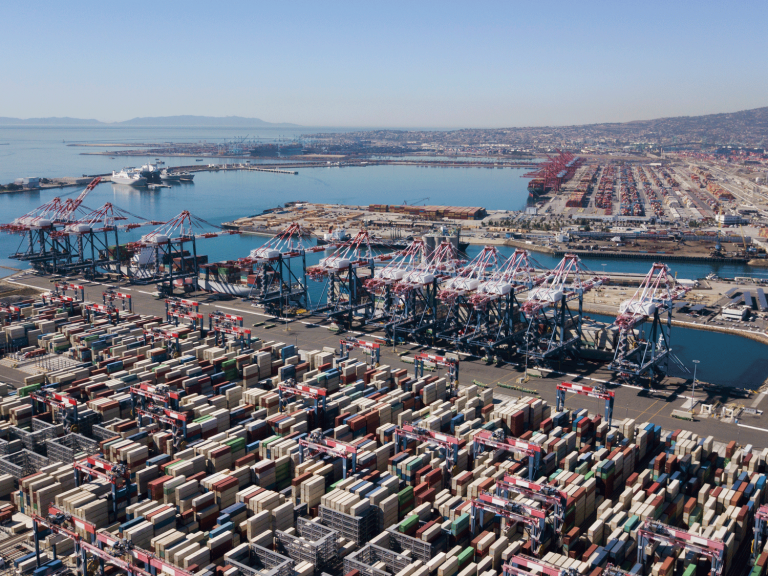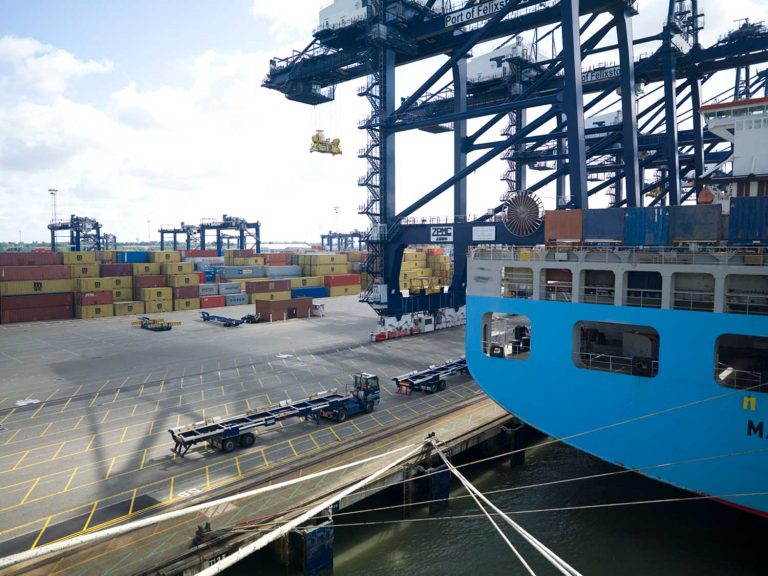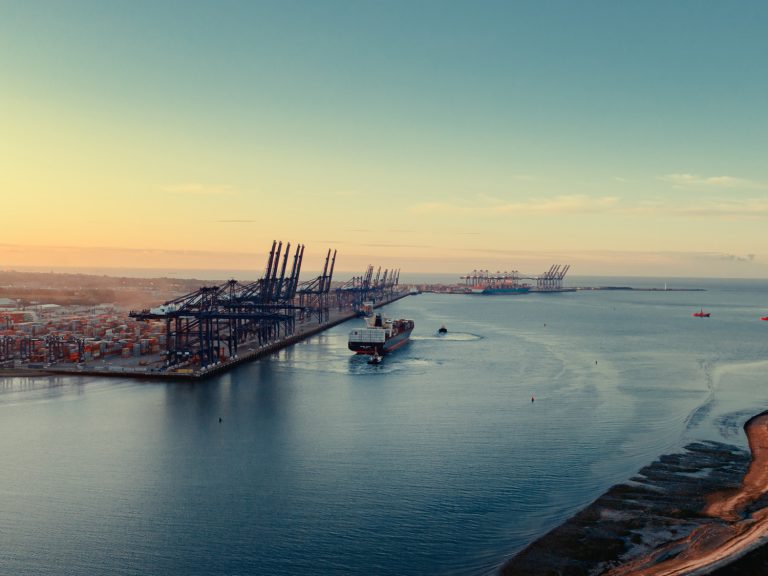Air freight market still climbing
The global air freight market is accelerating rapidly, with massive rate increases impacting many trade lanes, with Asia & Europe to the US particularly affected.
Volumes out of China have been increasing weekly, with higher yields to the US attracting carriers to the routes and reducing d...
Read more Ocean Freight Update; On the front line from Asia
Our sea freight ops team continue to perform in a very challenging global ocean freight environment and with global supply chains likely to be under pressure for the rest of the year, they will continue to deliver the highest possible levels of service and performance available with all options b...
Read more £150m stolen from supply chains in 2020
Over £400,000 worth of goods in transit were stolen every day from Europe, Middle East and Africa (EMEA) supply chains in 2020, even with many countries being under lockdown for much of the year.
The Transport Asset Protection Association (TAPA) recorded 6,463 cargo thefts across 56 countries...
Read more Sea rates surge amidst equipment shortages
Peak Season surcharges were expected to soften, reduce or even be withdrawn after Chinese New Year. And while this was widely anticipated, the reality is that with continued demand, the lack of empty equipment and the Suez crisis, rates have gone much higher and most carriers have actually increa...
Read more South East Asia market weekly update and focus
Singapore is a major global freight hub, that is located at the heart of major shipping lanes in Asia and a gateway for Southeast Asia, which is why we value the regional insights and transport intelligence provided by our partners in-country.
Metro recognised Singapore’s pivotal role in reg...
Read more When will freight rates return to ‘normal’?
The leading container shipping lines are releasing their Q1 2021 operational statements, which show a sharp increase in freight rates compared to Q4 2020 reports. Not only in the sense that rates are increasing, but the pace at which the rates increase is also accelerating, but when will the incr...
Read more With the shipping lines current performance, consignment level visibility has never been more important
The ability to track shipments in transit enables shippers to manage inventory in motion, limit disruptions and mitigate risk. But with shipping schedules currently in tatters, the lines’ predictive locations tools are not reliable, leaving Metro to find a solution.
Real-time shipment tracki...
Read more The challenges facing freight and logistics procurement
Achieving cost-savings is always primary buying objective, but procurement’s true value is realised by delivering benefits beyond monetary savings.
We consider some the challenges currently facing procurement and the responses of a function that is no longer just about sourcing services and ...
Read more Montreal Port strike threatens more North America disruption
The ongoing labour dispute, which resulted in 19 days of strikes last summer, has escalated sharply in recent days, with shippers diverting cargo through Halifax and other ports.
Tension was already building when the seven-month truce, after last summer’s strike, ended in late March, with ...
Read more Record Asia imports driving US supply chain disruption
Nine consecutive months of record breaking imports from Asia together with global supply chain volatility and uncertainty, is congesting US terminals and choking the inland supply chain infrastructure.
Booming US imports from Asia accelerated even further in March, to 1.66 million TEU, u...
Read more Conflicting UK and European port performance reports this week
While many ports are currently experiencing no issue, or are even quiet, the fallout of the week-long Suez Canal closure in March is likely to impact supply chains through to June and possibly beyond, into the traditional peak season.
Early indications suggest some ports are managing ...
Read more View from the coast – I see no ships!
Last weekend may be the first one our Transport Manager, Simon Balfe, hasn’t seen a Ultra Large Container Vessel (ULCV) on a berth at Felixstowe, but that hasn’t deterred the port from investing in its capacity to handle more of these gargantuan craft. Many of which are en-route, bu...
Read more 
